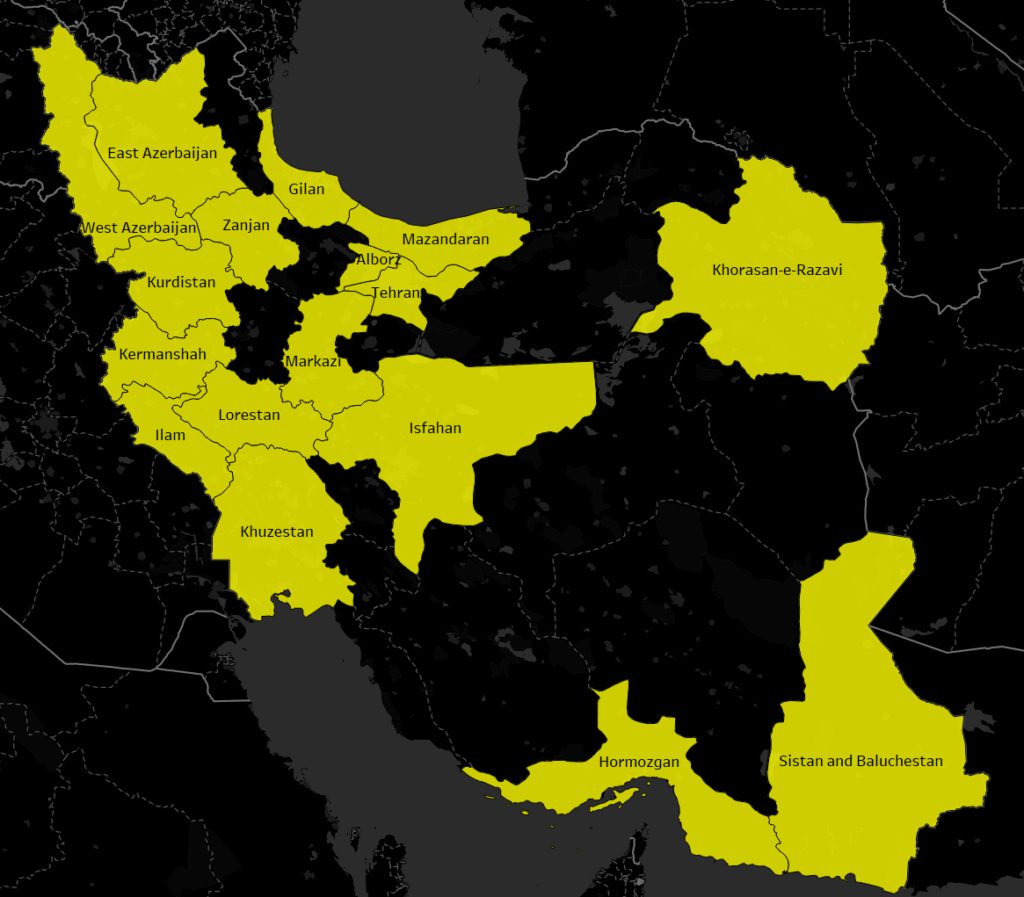Iranian security forces used rape and sexual violence as a means of intimidation and punishment against peaceful protesters during the nationwide 2022 ‘Jin, Jîyan, Azadi’ (‘Woman, Life, Freedom’) uprisings, Amnesty International has reported.
Amnesty’s 120-page report, released on Wednesday and entitled, ‘They violently raped me’: Sexual violence weaponised to crush Iran’s Woman Life Freedom uprising, details the experiences of 45 survivors, including men, women and children, who faced rape, gang rape and other forms of sexual violence after being arbitrarily arrested for challenging systemic oppression.
Amnesty International’s Secretary General, Agnès Callamard, said the research revealed a disturbing pattern of sexual violence used by the Iranian authorities to crush dissent. Victims, some as young as 12, have been left with no recourse, institutionalised impunity, and lasting physical and psychological scars.
The report reveals that the perpetrators included agents of the Islamic Revolutionary Guard Corps (IRGC), the paramilitary Basij force, the Ministry of Intelligence and various police units. Victims, including women and girls who had removed their headscarves and men expressing outrage at gender discrimination, were reportedly subjected to sexual violence in detention centres, police vans and other unlawful places of detention.

While it is difficult to estimate the prevalence of sexual violence during the uprising due to under-reporting, Amnesty International’s detailed documentation covers more than half of Iran’s provinces and points to a wider pattern. The Iranian authorities have not charged or prosecuted any officials for the documented cases of rape and sexual violence committed by state security forces.
The report also highlights physical abuse, forced nudity, electric shocks and threats to rape survivors and their relatives.
Following incidents of sexual violence, survivors were often subjected to other forms of torture and ill-treatment, including beatings, floggings and denial of medical care, the report said. Many refrained from filing complaints, fearing further harm and distrusting the judiciary as a tool of repression.
Amnesty International submitted its findings to the Iranian authorities on 24 November, but has not yet received a response. The organisation urges the international community to support the extension of the UN Fact-Finding Mission to Iran to ensure that an independent mechanism continues to gather evidence, and calls on states to initiate criminal investigations against suspected perpetrators under the principle of universal jurisdiction. Without fundamental reforms, Amnesty International warns that structural barriers within Iran’s justice system will persist.










